
Newsroom
Six Finalists Named for 2025 Kevin Xu Innovation Challenge at the Rhodes Forum on Technology & Society
Sep 30, 2025
5 min read
Oxford, UK – October 2025 — The Rhodes Forum on Technology & Society today announced the six finalists for the Kevin Xu Innovation Challenge: AI for Abundance—Designing Futures of Flourishing.
The finalists were chosen from a pool of twelve semi-finalists after a month-long series of workshops focused on problem definition, experiment design, and business case development. Each finalist team has demonstrated exceptional progress, creativity, and commitment to building AI systems that expand human dignity and agency.
The finalists will pitch their ventures live on November 8, 2025, at the Rhodes Forum on Technology & Society in Oxford. Winning teams will receive up to £25,000 in non-dilutive funding, mentorship from cross-disciplinary experts, and support to advance their ideas.
Meet the 2025 Finalists
1. GenSightAI (Atlantic)
Founders: Dr. Yiwei Chen, Dr. Xiarong Li, and Dr. Yiru Zhao (China / Southeast Asia)
GenSightAI is transforming how families interpret complex genetic testing results. Their expert-trained AI companion provides clear, empathetic, and conversational explanations of daunting genetic reports, helping patients and caregivers make informed decisions during stressful moments. The team has shown exceptional preparation with a detailed, months-long roadmap and clear experiment design, making them a strong contender for commercial scaling in digital health.
2. Koan AI (Equitech Futures)

Founders: Bo Liu, Luke Williams, Chidi Okarah, Manas Tiwari, Eduardo Oliveira, and Mateo Morales (Global team, including Brazil, Canada, China, Ecuador, India, and the US)
Koan is reimagining education for an AI-driven world. By embedding Socratic AI and interactive learning tools into academic workflows, Koan helps students move beyond AI overreliance and cultivate authentic critical thinking. With consistent progress, a highly collaborative team, and strong institutional engagement, Koan has already demonstrated early traction in education pilots and is poised to become a model for AI-augmented learning that strengthens—not weakens—human reasoning.
3. Bureaucrazy (Equitech Futures)

Founders: Aakriti Ghimire, Aayusha Shreshtha, and Labbi Karmacharya (Nepal)
Bureaucrazy tackles the labyrinth of government bureaucracy in Nepal by providing an AI-powered platform that gives youth clear, step-by-step guidance to access essential public services. Despite extraordinary circumstances, the team has shown unwavering commitment and executed a smart pivot to refine their solution. Their focus on accessibility and civic empowerment positions Bureaucrazy as a vital tool for fostering trust and inclusion in public institutions.
4. OpenDoor (Rise)
Founder: Diya Sreedhar and team (US)
OpenDoor is building a human-centered AI platform that connects unhoused individuals to community-based services, addressing the mistrust and fragmentation that too often leave resources unused. With multiple pilot programs across the US running and deep engagement with frontline organizations, OpenDoor is demonstrating both social impact and scalability. Their commitment to vulnerable populations makes them a powerful example of AI deployed for dignity and care.
5. Vocam (Rise)

Founders: Matheus Cruz and Idil Doga Turkmen (Turkey / Brazil / US)
Vocam is creating a camera-based visual vocabulary learning app that responds to the needs of neurodivergent learners, including those with ADHD, autism, and dyslexia. Their Turkish-led team has built a working prototype that now functions across 40+ languages, showing both technological strength and broad global potential. By addressing the 65% of learners who are primarily visual, Vocam is unlocking new, inclusive pathways to language learning.
6. Civic Helper (Rhodes Scholars)
Founders: Swathi and Michael (United States)
Civic Helper is streamlining vital document access—such as birth certificates and ID cards—for low-income, immigrant, and unhoused communities. By equipping social service case workers and community advocates with a simple, AI-driven tool, the platform reduces administrative burden and expands access to life-critical resources. With a clear mission and strong early partnerships in Massachusetts, Civic Helper is poised to become an essential bridge between vulnerable populations and the services they need most.
Building Futures of Flourishing
“The six finalists represent some of the most hopeful applications of AI we’ve seen—spanning health, education, governance, and inclusion,” said Linda Kinning, Director of Equitech Ventures and part of the organizing committee. “Each one is a glimpse into how technology can amplify human agency, not automate it away.”
The Kevin Xu Innovation Challenge continues to explore how AI can create abundance—defined not as material excess, but as more meaningful time, trusted knowledge, and generative relationships.
About the Rhodes Forum on Technology & Society
The annual Rhodes Forum on Technology & Society convenes global leaders, innovators, and scholars to explore pressing challenges at the intersection of technology and humanity. The Kevin Xu Innovation Challenge, run in partnership with Equitech Futures, provides a launchpad for early-stage ventures using AI for social impact and responsible innovation.
More articles

Newsroom
Otieno Collins Junior Reflects on His Journey from Capstone Project to Prize-winning Startup
.webp)
Newsroom
No Innovator Left Behind: How Equitech Futures uses philanthropic capital to maximize impact

Newsroom


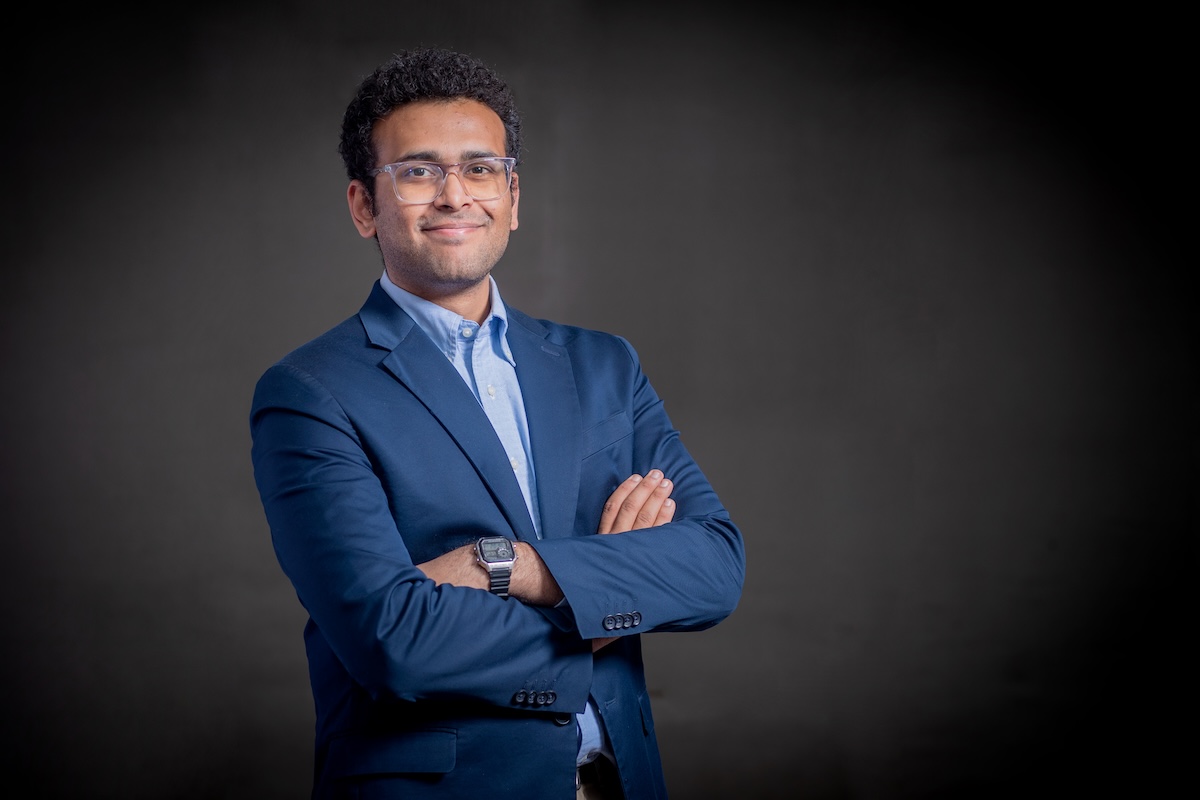

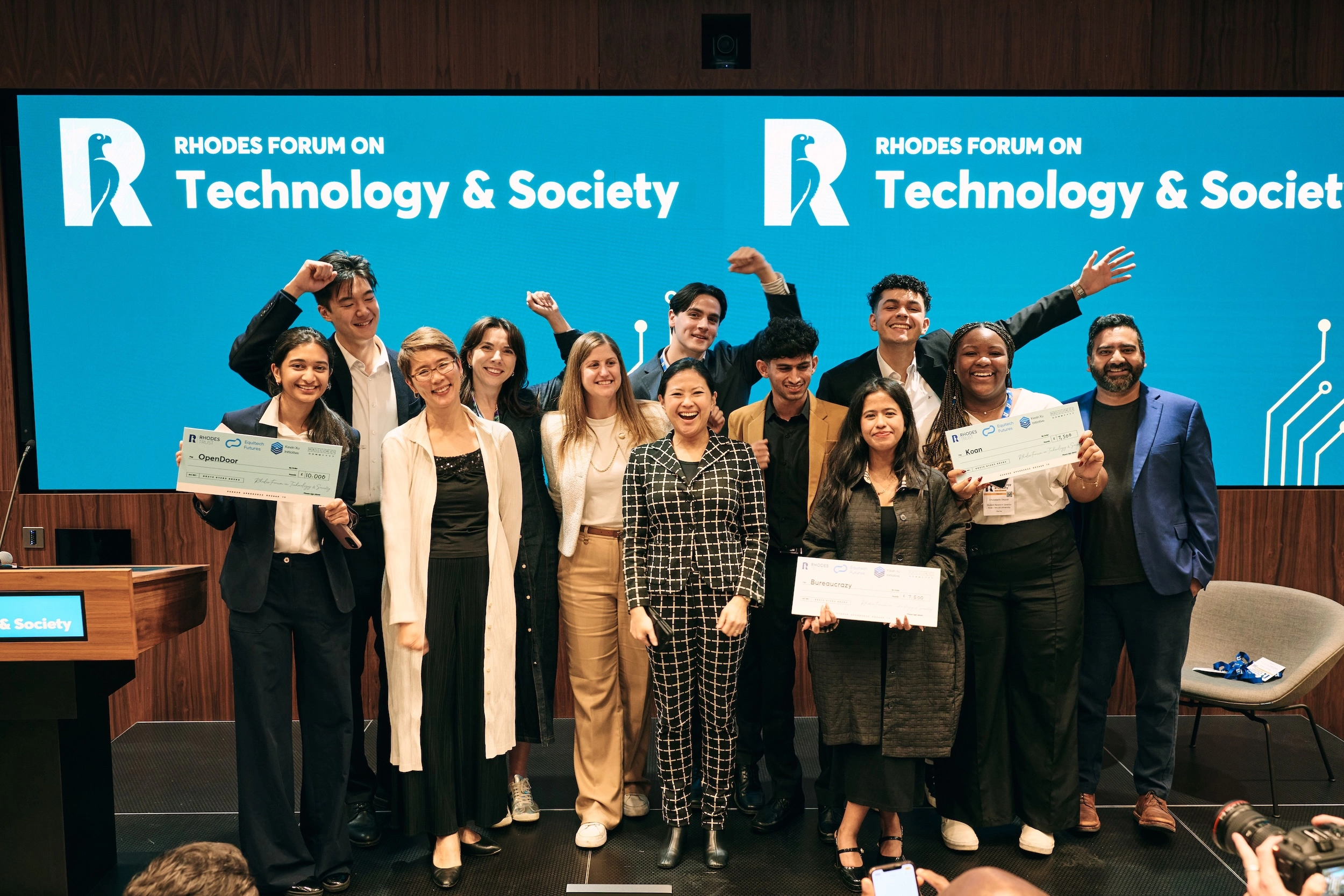
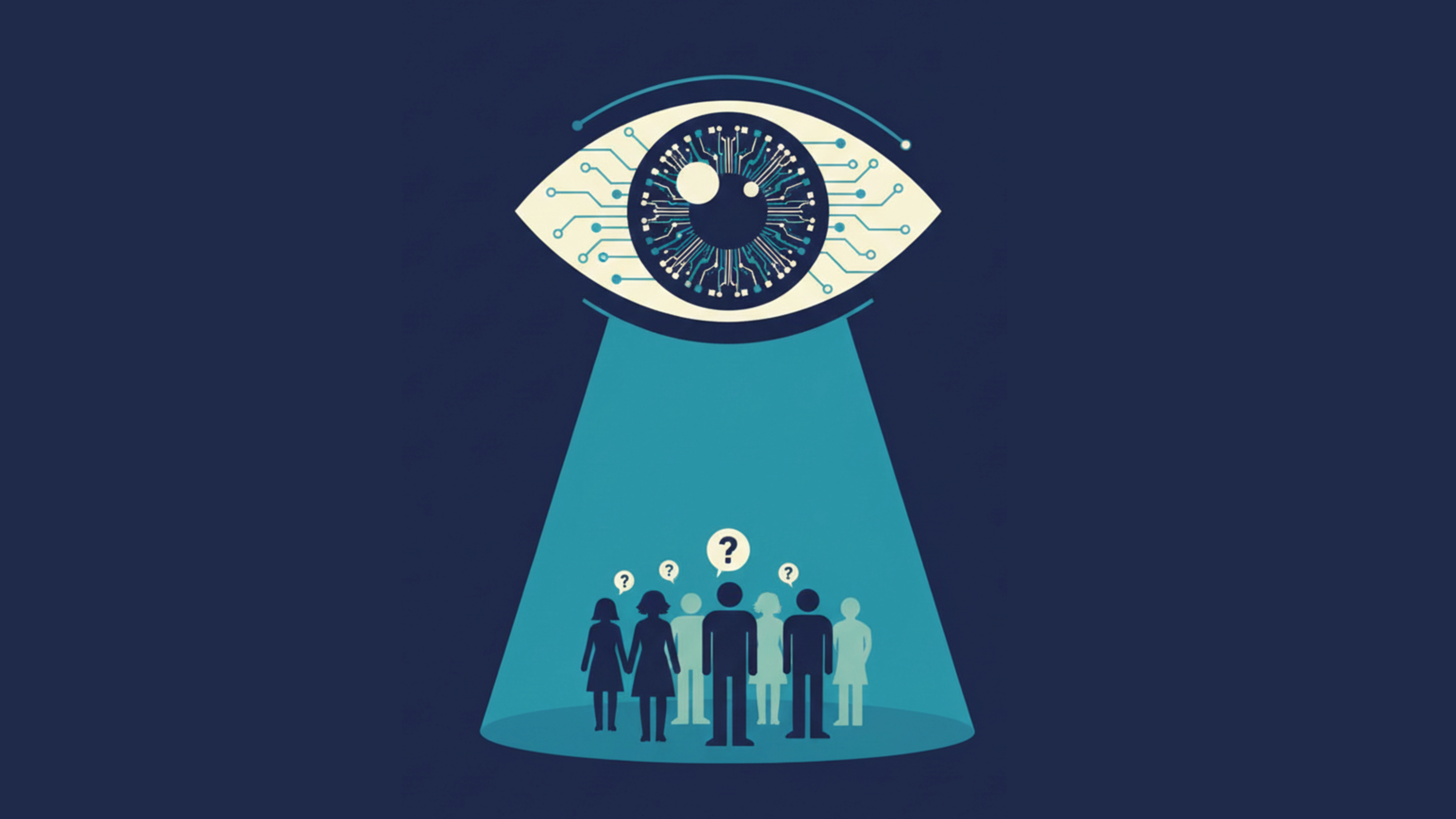




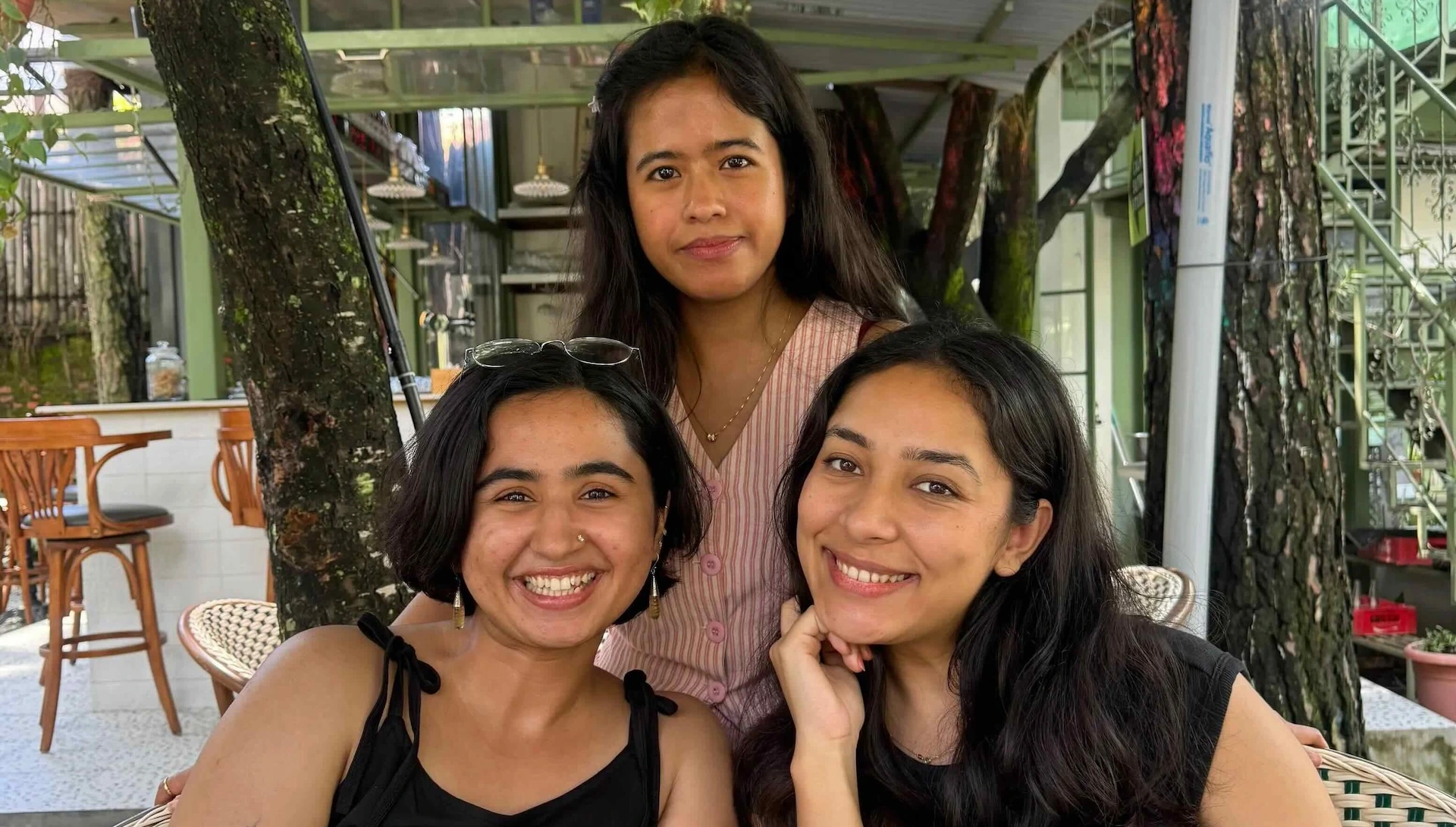
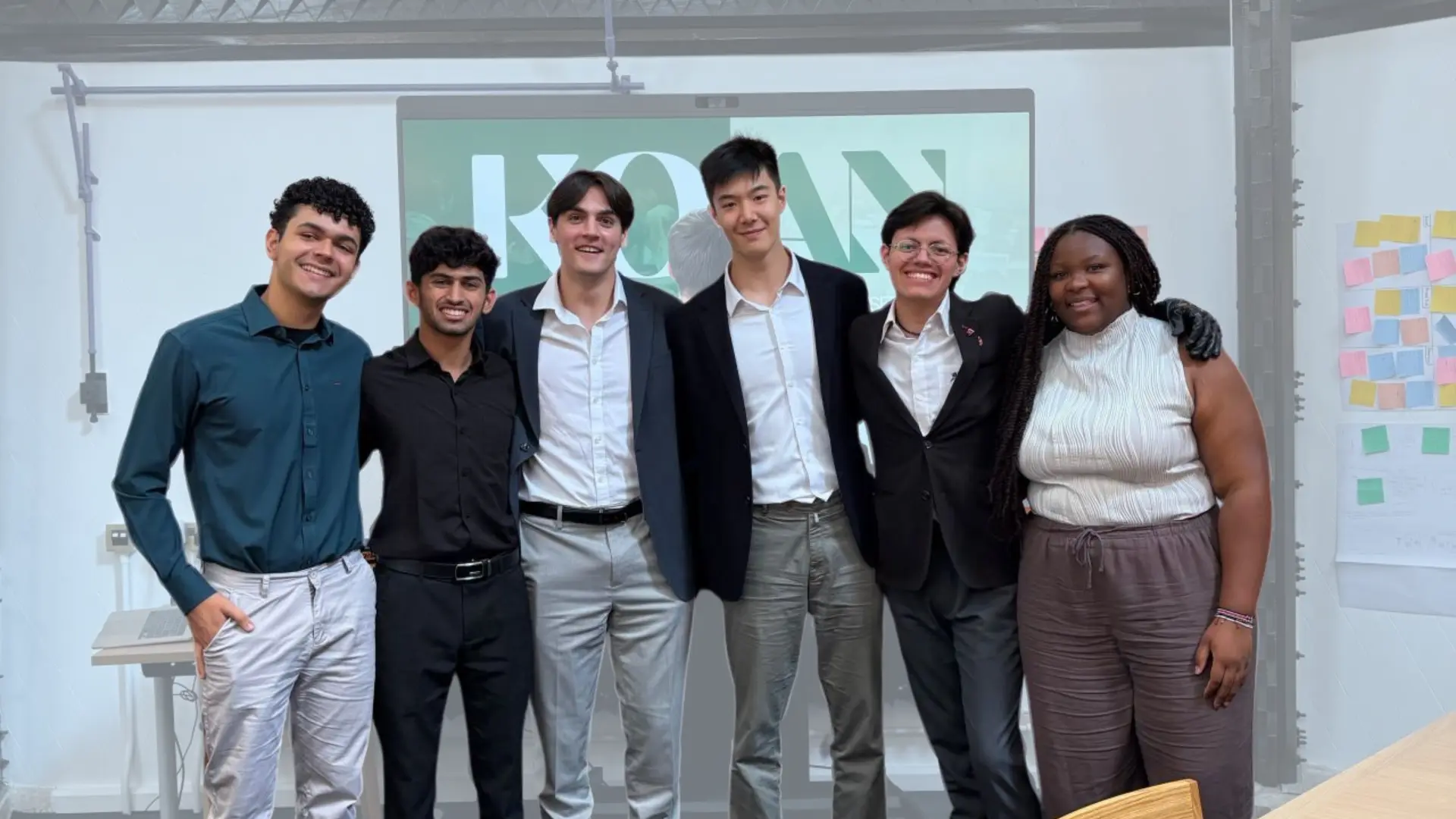
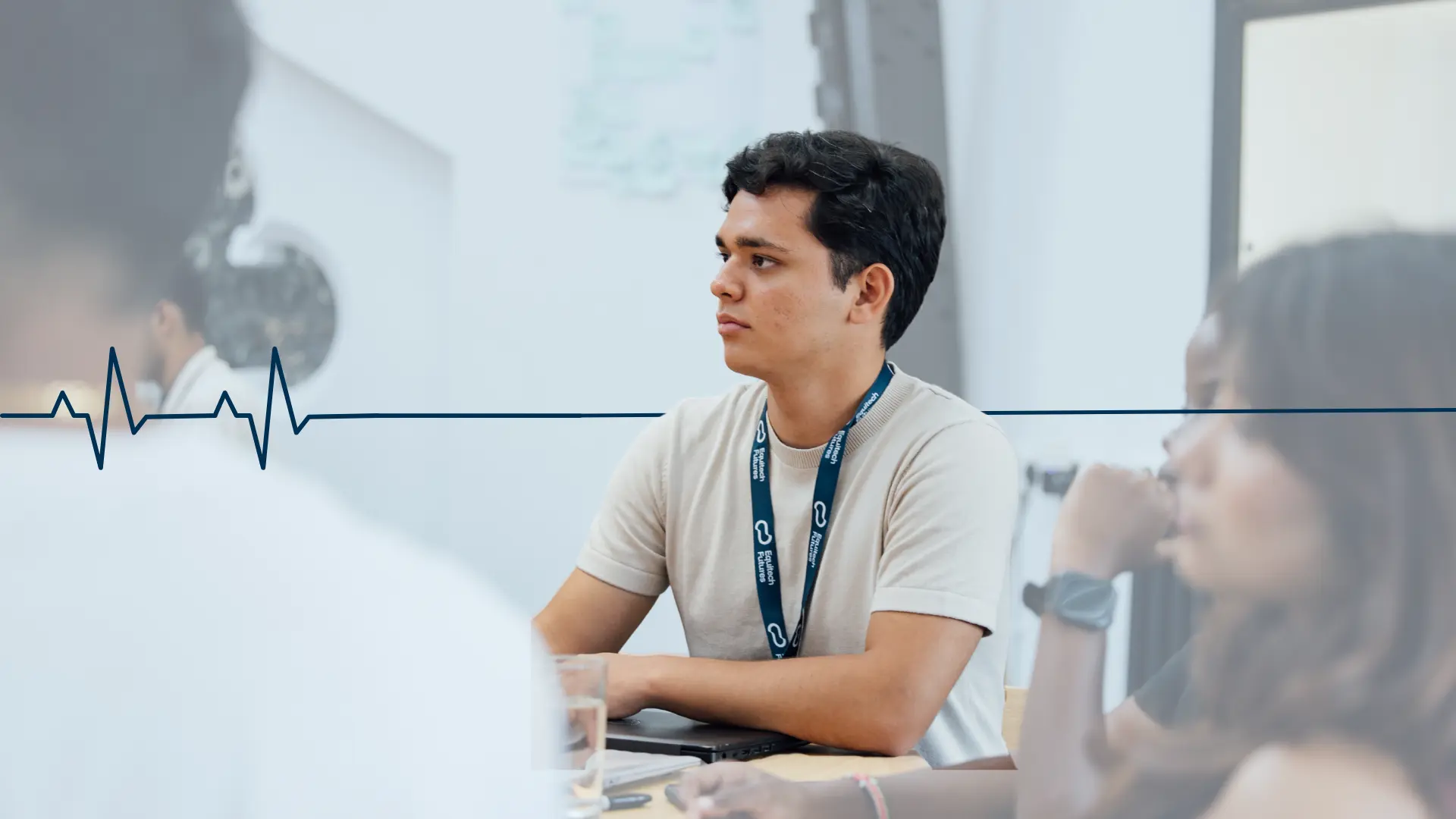
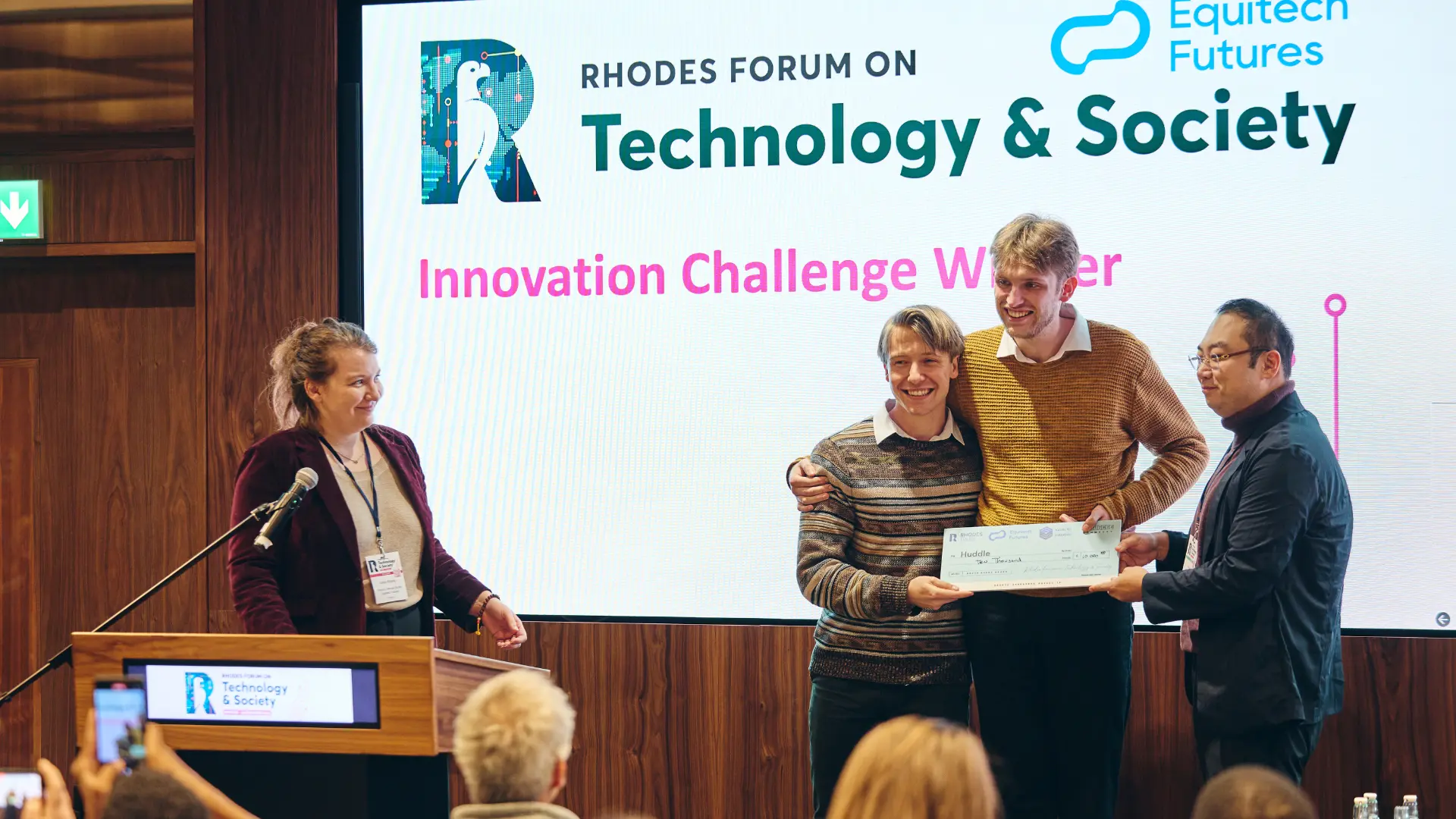






.webp)


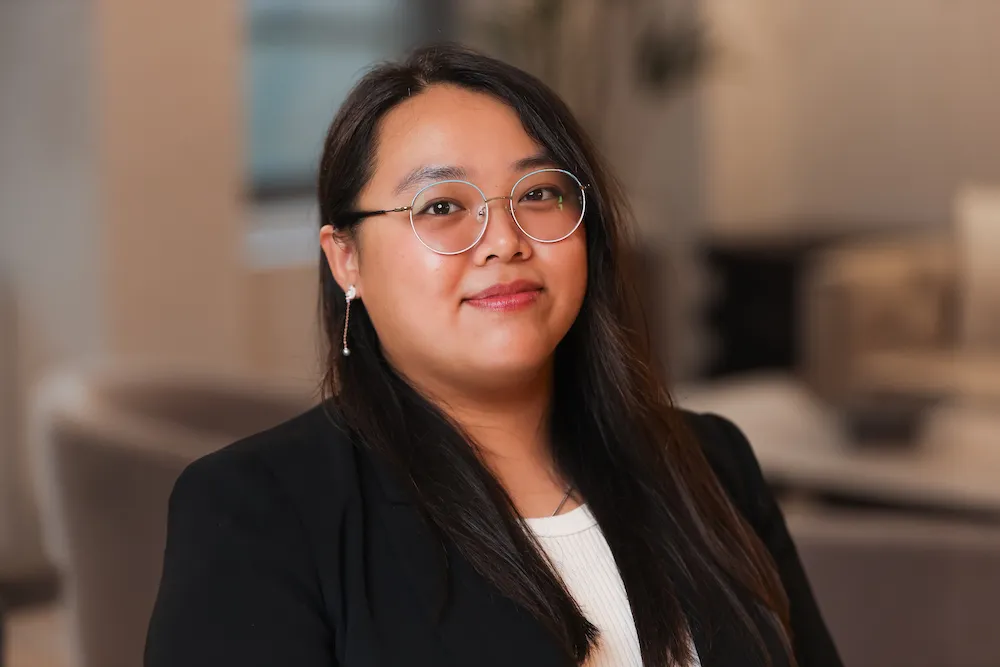


.webp)


.webp)








.webp)
















.webp)

.webp)


.webp)


.webp)






.webp)



